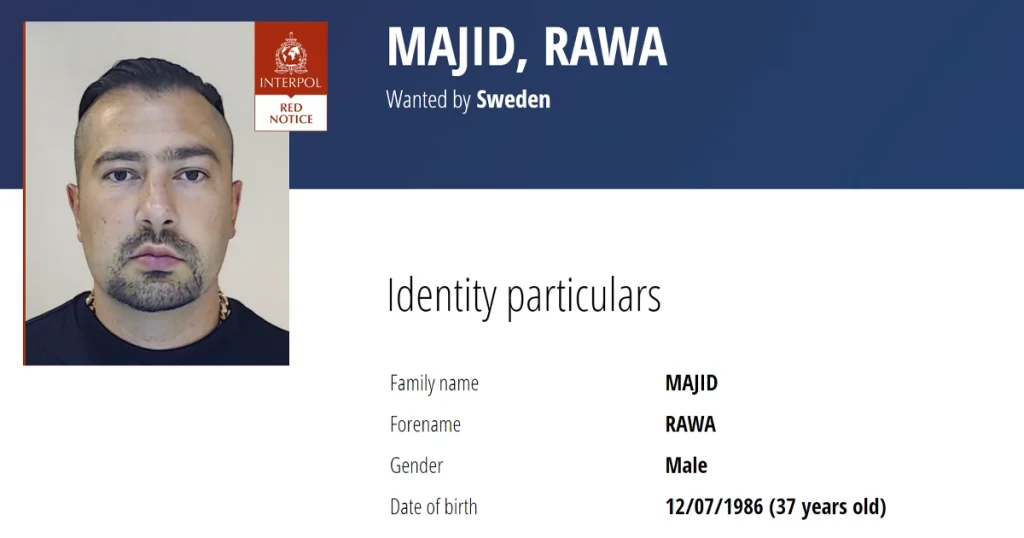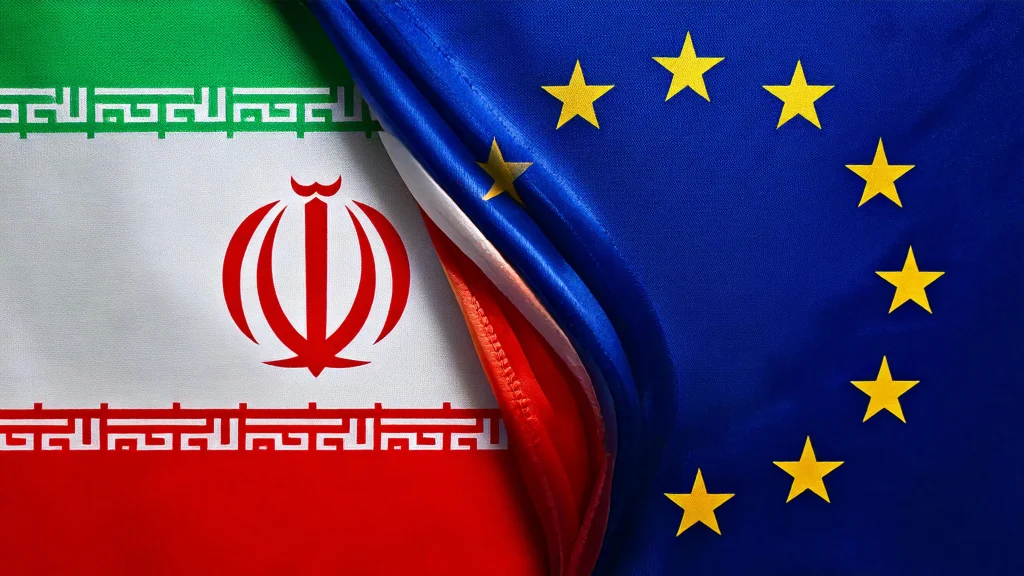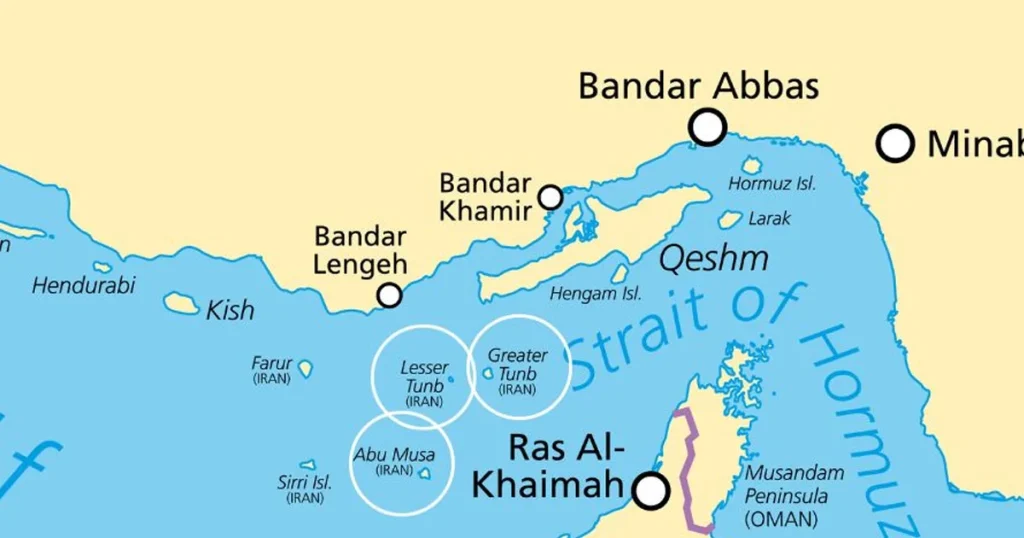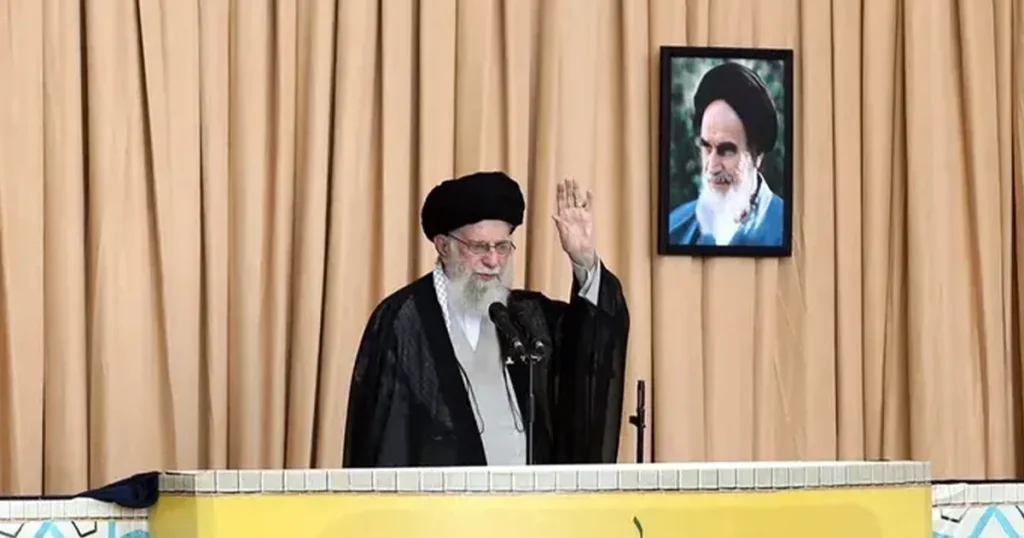In the volatile geopolitical landscape of the Middle East, the reverberations are often felt far beyond the immediate region. This was dramatically illustrated in recent attacks on Israeli embassies in Sweden and Belgium. These incidents, occurring against a backdrop of heightened global tensions and increasing hostilities, underscore the persistent threats faced by Israeli diplomatic missions worldwide. This blog post explores these events, their implications, and the potential involvement of the Islamic Republic, specifically its elite force, the Islamic Revolutionary Guard Corps (IRGC), in fostering such attacks.
The Stockholm Incident: A Close Call in Sweden
On January 31, 2024, the Israeli embassy in Stockholm faced a significant security threat when an explosive device was discovered outside its premises. Swedish authorities quickly responded, neutralizing what could have been a catastrophic event. The Swedish Security Service (SAPO) classified the incident as a terrorist act and launched an intensive investigation.
The object, initially suspected to be a hand grenade, was found within the embassy’s fenced perimeter. This discovery came amidst a broader context of increased vigilance against threats to Israeli and Jewish targets across Europe. The Israeli Ambassador to Sweden, Ziv Nevo Kulman, expressed gratitude towards the Swedish authorities for their swift action, emphasizing that Israel would not be intimidated by terror.
Brussels Under Attack: The Airsoft Grenade Incident
Just a few months later, on May 24, 2024, the Israeli embassy in Brussels came under attack. In the early hours of the morning, an unknown assailant threw two airsoft grenades into the embassy courtyard. Although these devices are non-lethal, designed to expel pellets using compressed air, the incident was treated with utmost seriousness. Belgian authorities, in collaboration with the embassy’s security team, managed to handle the situation effectively, ensuring no injuries or damage occurred.
This incident was part of a disturbing pattern of attacks on Israeli embassies globally, reflecting a broader strategy of intimidation and terror. The attack coincided with the 10th anniversary of a significant antisemitic terror attack in Belgium, underscoring the persistent threat environment.
The Broader Context: Links to the Islamic Republic
The Islamic Republic has long been accused of supporting and orchestrating attacks against Israeli interests worldwide. These recent incidents in Sweden and Belgium have raised concerns about the possible involvement of the Islamic Republic and its military wing, the IRGC.
Historical Context of the Islamic Republic’s Involvement
Historically, the Islamic Republic has been implicated in numerous attacks against Israeli and Jewish targets globally. From the 1994 AMIA bombing in Buenos Aires to various foiled plots in Europe, the pattern is clear: the Islamic Republic and its affiliated groups, such as Hezbollah and Hamas, have consistently targeted Israeli interests. These actions are often seen as part of a broader geopolitical strategy to undermine Israel and project power across the Middle East and beyond.
The Role of the IRGC
The Islamic Revolutionary Guard Corps (IRGC) plays a central role in the Islamic Republic’s strategy. The IRGC, an elite military unit, is responsible for many of the Islamic Republic’s covert operations and supports various proxy groups, including Hezbollah and Hamas. Through the IRGC’s Quds Force, the Islamic Republic extends its influence by training, arming, and financing militant groups to carry out attacks on its behalf.
Recent Incidents and Investigations
In the wake of these embassy attacks, there have been multiple arrests and investigations linking individuals and groups associated with the IRGC to plots against Israeli targets in Europe. For instance, earlier in 2024, authorities in several European countries, including Sweden, Germany, and Denmark, arrested operatives linked to Hamas, a group with strong ties to the Islamic Republic. These operatives were allegedly planning attacks on various Jewish and Israeli sites across Europe.
In Belgium, the plot involving the four teenagers planning a more severe attack on the Israeli embassy in Brussels highlights the depth of radicalization influenced by jihadist ideologies. These individuals, some with direct links to networks supported by the Islamic Republic, were found to have detailed plans for attacking not just the embassy but also local police forces.
The Islamic Republic’s Strategy: Proxy Warfare and Terrorism
The Islamic Republic’s strategy often involves using proxy groups to conduct asymmetrical warfare and terrorist activities. This approach allows them to project power and influence without direct confrontation, providing plausible deniability while achieving their geopolitical objectives.
Hamas and Hezbollah: Key Proxies
Hamas and Hezbollah are two key proxies through which the Islamic Republic exerts its influence. Both groups receive significant financial, military, and logistical support from the Islamic Republic. In return, they serve as the frontline forces against Israeli interests, engaging in both direct military confrontations and covert operations globally.
In the context of the embassy attacks, the involvement of Hamas operatives in the planned attacks in Sweden and the suspected links in Belgium underline the role of these groups in executing the Islamic Republic’s broader strategic objectives.
The Implications of These Attacks
The attacks on Israeli embassies in Sweden and Belgium have several significant implications:
- Increased Security Measures: These incidents have prompted enhanced security measures around Israeli diplomatic missions worldwide. Embassies are now under heightened surveillance, with increased cooperation between local authorities and Israeli security services.
- Diplomatic Strain: The involvement of the Islamic Republic in these attacks exacerbates already strained diplomatic relations between Israel and the Islamic Republic. This further complicates peace efforts and regional stability.
- Global Counterterrorism Efforts: These incidents highlight the ongoing need for robust global counterterrorism efforts. International cooperation is crucial in identifying and neutralizing threats before they can manifest into deadly attacks.
- Public Perception and Fear: Such attacks inevitably contribute to a heightened sense of fear and insecurity among Jewish and Israeli communities worldwide. They also reinforce the perception of the Islamic Republic as a state sponsor of terrorism.
Conclusion
The attempted attacks on Israeli embassies in Sweden and Belgium in 2023 and 2024 are stark reminders of the persistent threats faced by Israeli interests globally. These incidents, likely linked to the broader strategy of the Islamic Republic and orchestrated by the IRGC, underscore the complex and dangerous nature of international terrorism. As global tensions continue to rise, the importance of vigilance, international cooperation, and robust security measures cannot be overstated.
Furthermore, it is imperative that the European Union formally designates the IRGC as a terrorist organization in its entirety. Such a designation would not only curb the IRGC’s ability to operate freely within Europe but also send a strong message that the international community stands united against state-sponsored terrorism. By understanding the connections and motivations behind these attacks, we can better prepare and protect against future threats, ensuring the safety and security of diplomatic missions and the broader global community. The resolve to stand against terror remains strong, as nations unite to counteract the destabilizing actions orchestrated by entities like the Islamic Republic and their proxies.






